The other day I was watching a clip* from a neuropsychologist Dr. Russell A. Barkley who was addressing a group of educators in a series called “Essential Ideas for Parents.” He began with “The problem with parents these days…” and he almost lost me. Heavy sigh. Eye roll.
I usually have no tolerance for whatever negativity comes after such grand, generalized statements—especially one aimed at parenting (which is arguably more complicated now than in any previous generation). While defensive, I continued watching. He jabbed his finger in the air and proclaimed, “Parents do not get to design their children.”I was intrigued. He went on to say:
Nature would never have permitted this to happen. Evolution would not have allowed a generation of a species to be so influenced by the previous generation.
A quick perusal of any medical office waiting-area parenting magazines would suggest quite the opposite. There, in glossy print, you’ll find recipes for The Perfect Baby. The D1 Athlete. The Child-Who-Has-An-Easygoing-Temperament. Who is writing those articles?
Reading one of those magazines gives a false impression that if parents just do the right things, their children will become what they plan for them to be. No pressure, right? Dr. Barkley would rip those magazines to shreds. Based on everything neuroscientists, behavioral psychologists, and many other researchers have studied, our children are born with a “unique genetic mosaic” comprised of hundreds of psychological and physical traits from genes that extend beyond the biological parents and well into your extended families.
The development of these genes in your children is, science tells us, largely out of the control of parents. Regardless of whether the mother ate enough broccoli when she was pregnant or if she frequented Bojangles for fried chicken twice a day (totally random example, don’t look at me), a large part of her child’s gifts and challenges are already pre-programmed. Too often, society likes to suggest that we have control over so much of what is not in our control. Our kid’s success, we have been told, is based on the choices we make as parents.
“The truth is: we don’t have that degree of power. Nature would never permit that to happen.”
What does this mean, that we’re not in control? Is it frightening, or is it freeing? You tell me. Yes, Dr. Barkley says, a stimulating environment is better than a deprived environment. But ‘more is better’ reaches its point of diminishing returns, and overload in the name of child design has negative consequences. Maybe our pre-covid schedules and our post-ish-covid schedules in our homes tell that same story. Dr. Barkley and his colleagues encourage us to think of ourselves as parents as Shepherds, not Engineers. He goes on to explain:
The idea that you can engineer IQ, personality is just not true. Your child is not a blank slate on which you get to write. Instead of an ‘engineer’ view of parenting [that makes you responsible for everything that goes right and everything that goes wrong—totally guilt inducing] step back and take the ‘Shepherd’s View’.
You are a shepherd to a unique individual. You don’t design the sheep. But shepherds are powerful people. They pick the pastures in which the sheep will graze and develop and grow. They determine whether they’re appropriately nourished. They determine whether they’re protected from harm. The environment is important, but it doesn’t design the sheep. The shepherd knows that he will never make the sheep into a dog, no matter how much he wants a dog.
I read that as this: we can do what we can to make sure our children have opportunity and surround them with great teachers, healthy friends, and intellectual stimulation. And then we get to observe, accept, and encourage.
The stress we put on ourselves to engineer our children, surely rubs off on the child—how can it not? We can unpack the damage of all that parental pressure: it undermines confidence, sense of self, sense of trust in knowing who you are, and ultimately, paralyzing stress narrows your child’s options rather than follows their lead to new horizons. It certainly would decrease the competitiveness the world wants us to feel with other parents. Imagine this gentler, graceful approach snowballing into a new wave of parenting that encourages observation, discovery, and celebration. And, imagine, our children growing into their authentic selves—confident, assured, proud, and supported.
*After I saw the short video, I dove into literature that was footnoted at the end of the talk. Wow, one can really go down a rabbit hole if one chooses! Stephen Pinker’s book The Blank Slate: The Modern Denial of Human Nature boils the nature vs. nurture argument down and highlights many of these points. He’s a psychology professor at MIT and was featured on a MIT author series. I’ve talked about this book before but Andrew Solomon’s book Far From the Tree reads like a textbook but is an ambitious exploration of children’s search for identity in families, in the world.




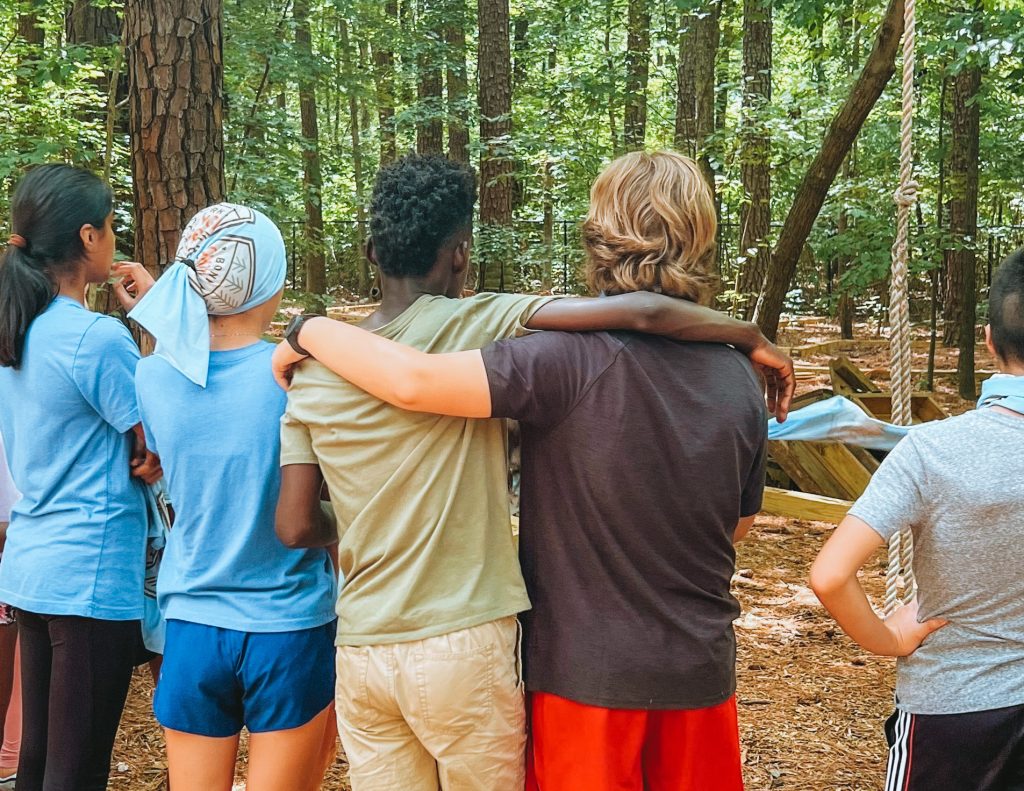
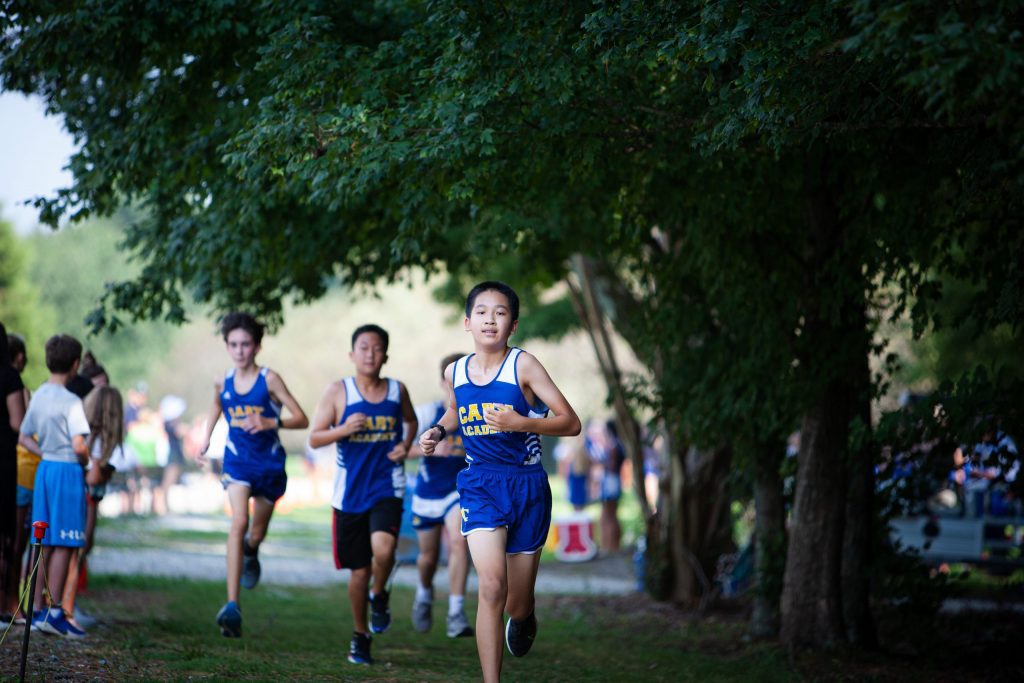
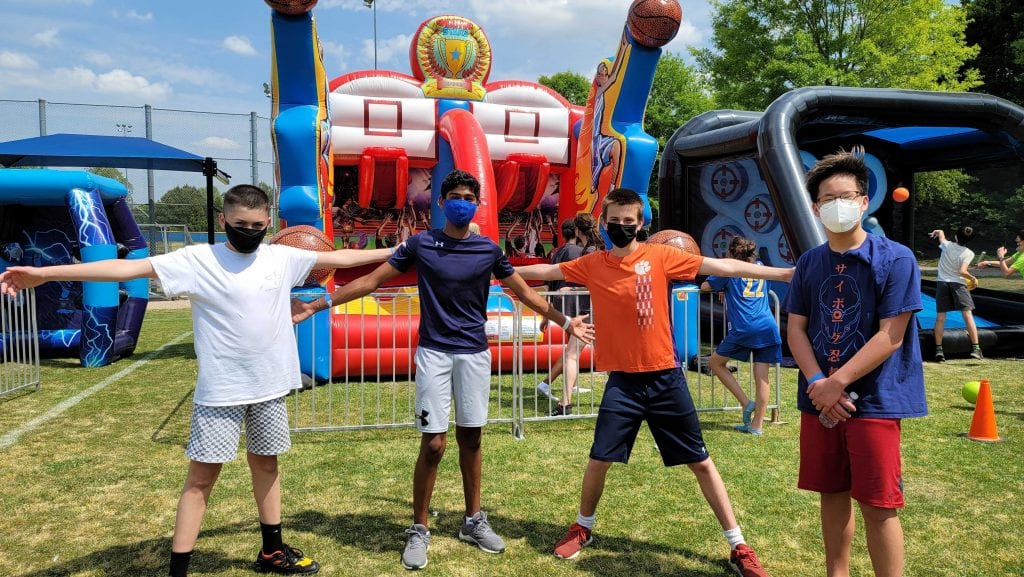

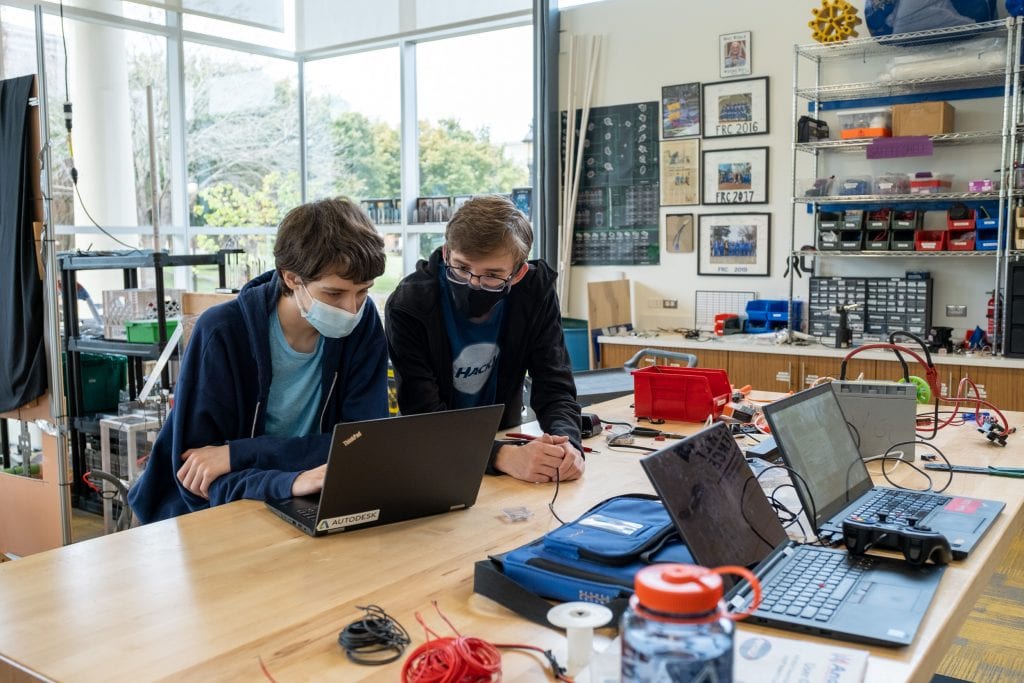
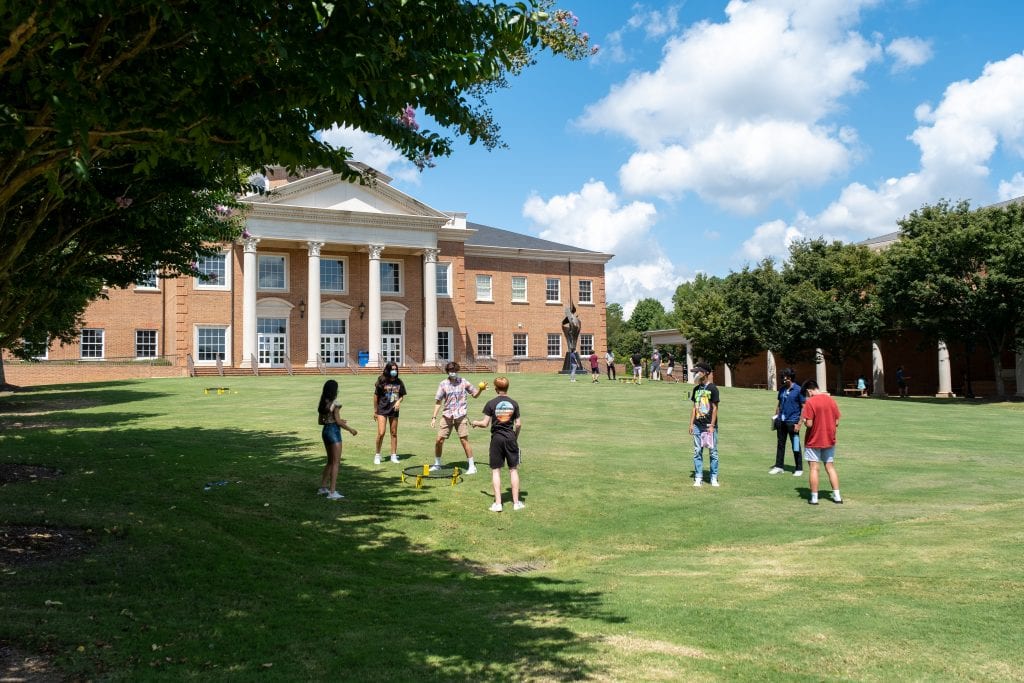
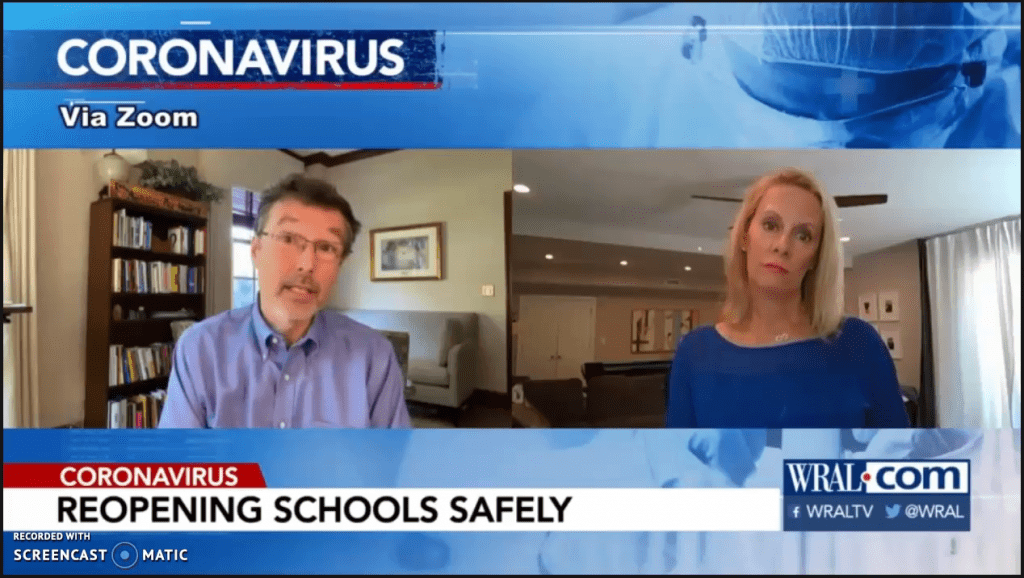
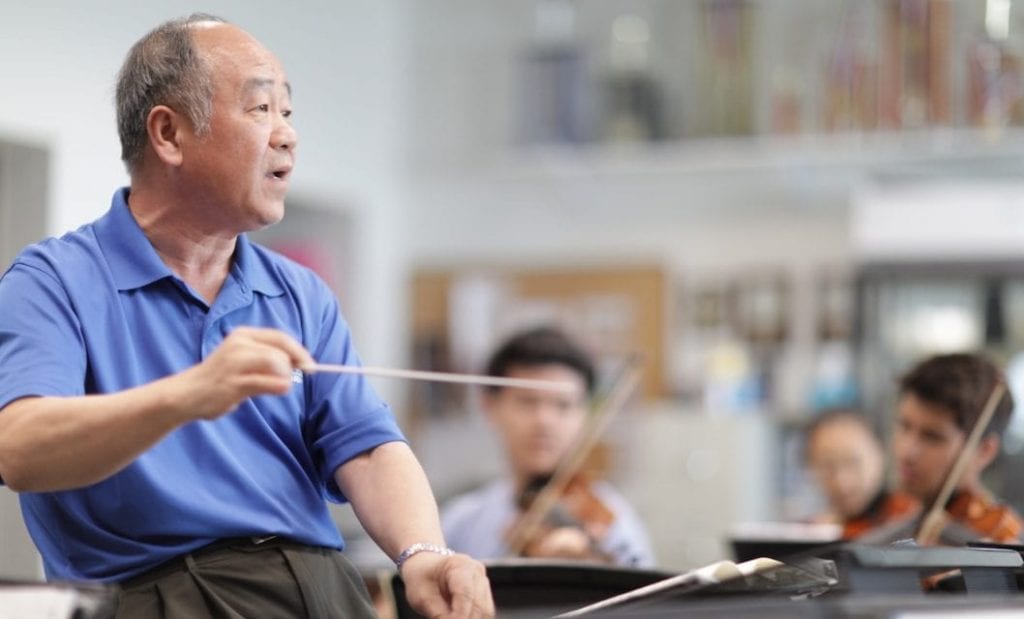
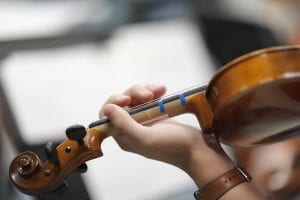 I heard the familiar tune of Twinkle, Twinkle, Little Star.
I heard the familiar tune of Twinkle, Twinkle, Little Star. That long-term view was reinforced at the end of the year when CA’s first alumnae commencement speaker, Lianne Gonsalves, addressed our graduating seniors. Lianne left CA in 2006 and is now with The World Health Organization’s Department of Reproductive Health and Research in Geneva, Switzerland. She spoke of her journey since Cary Academy and the skills and mindset she developed that helped guide her to her current place in life — researching in Addis Ababa, Ethiopia and working with youth in Caracas, Venezuela.
That long-term view was reinforced at the end of the year when CA’s first alumnae commencement speaker, Lianne Gonsalves, addressed our graduating seniors. Lianne left CA in 2006 and is now with The World Health Organization’s Department of Reproductive Health and Research in Geneva, Switzerland. She spoke of her journey since Cary Academy and the skills and mindset she developed that helped guide her to her current place in life — researching in Addis Ababa, Ethiopia and working with youth in Caracas, Venezuela.